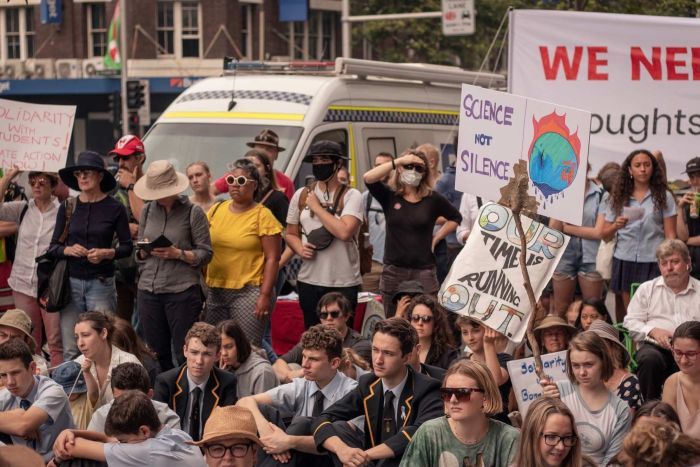NASA released a radar animation that shows smoke from the fires 6,800 miles away in Chile. The skies over Chile have turned grey and hazy. Argentina has also seen sunsets tinged with red from the smoke.

The Australian Bureau of Meteorology (BOM) has released its annual climate statement for 2019, and found that last year was both the hottest and driest on record for the continent.

Apocalyptic scenes are playing out across Australia as bushfires have burned millions of acres and ravaged more than 1,000 homes in New South Wales alone. The new normal is not only more lethal, it's also harder to predict.

Waters off the California coast are acidifying twice as fast as the global average, scientists found, threatening major fisheries and sounding the alarm that the ocean can absorb only so much more of the world’s carbon emissions.

The highest court in the Netherlands has upheld a ruling requiring the government to slash greenhouse gas emissions by at least 25% of 1990 levels by the end of next year.

Carlos Manuel Rodríguez, Costa Rica’s minister for energy and environment, specifically blamed the United States, Brazil, and Australia for blocking progress by insisting on climate language unacceptable to most countries.

The NOAA report found that the average North Pole temperature from October 2018 to September 2019 was 1.9 degrees Celsius higher than the 1981-2010 average. Scientists have dubbed the warming phenomenon Arctic amplification.

A 2017 report for the European Commission looking at carbon offsetting found that 85% of offset programs failed to deliver "real, measurable and additional" emission reductions, and noted that some projects would have happened anyway.

A series of strikes in cities across Australia took place today as part of the School Strike for Climate Australia in response to recent devastating bushfires.
This visual representation of the ice age clearly shows how the quantity of older and thicker ice has changed between 1984 and 2016 and how the arctic sea ice is disappearing dramatically.

All children in Italy will have to study climate change at school starting from next year, becoming the first country in the world where this will be compulsory. The decision will come into force from the start of the 2020 school year.

A massive alliance of more than 11,000 scientists have signed, sealed and delivered an important message to the world: if we don't make rapid, deep and lasting changes to our lives, they write, there will soon come "untold human suffering".
The growing intensity of present day wildfires is a sobering reminder that greenhouse gas emissions and the global carbon footprint must be curbed, lest our planet be faced with irreversible climate consequences.

Qatar's average temperatures have risen more than 3.6 degrees Fahrenheit since the late 19th century. Now engineers preparing for the 2022 World Cup are outfitting stadiums with massive cooling systems to create tolerability for spectators and players.

Climate change is disrupting the rhythms of spring growing and river flooding across Europe, which could pose new problems for biodiversity and food security in floodplains, scientists say.